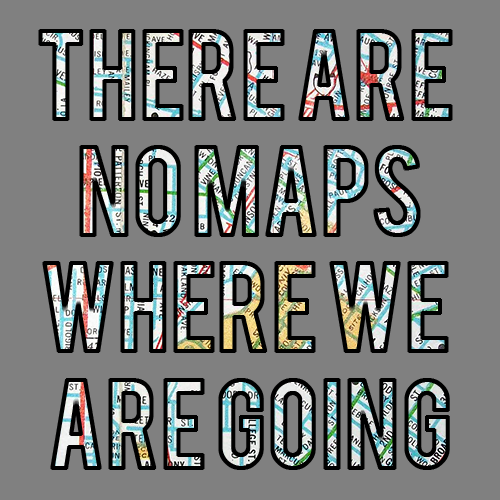
Image Credit:
Scott Nelson, 2012, CC BY-SA
So far this semester, my best lesson plan wasn’t planned. In fact, it was purposely left vague and unformed just to see what would evolve. And with digital media, I would argue, these unplanned moments can be where the most instruction can occur.
This semester, I’m teaching Literature & Video Games, a literature course that compares the two media and the narrative experiences they provide. Students have already practiced close reading of both video games and literature, with individual students choosing their own analytical stances. Up until recently, I gave students a fair amount of structure for each assignment, with detailed instructions for completing close readings and analyses. Their latest assignment, however, was a straightforward, yet vague charge: create an eBook.
While writing about video games and pedagogy has seen an explosion over the past ten years or so, the field is relatively sparse when it comes to writing about the connection between literature and video games. I saw this dearth of materials as a prime opportunity to have students create a meaningful resource for others in the field. I also felt it was a great opportunity to explore a relatively new medium. Though eBooks are in many ways similar to webpages, they come with different audience expectations. For one, webpages have an implied responsibility to be updated regularly, while eBooks are more similar to their print cousins: they are updated through editions if ever at all. A resource like an eBook on literature and video games could provide a snapshot of a rapidly evolving discipline.
More importantly, though, this experiment performs a similar function to the artifacts it studies; it asks students to explore and play. Much like a video game, approaching a new medium is full of ludic moments of testing the limits and seeing how they respond. Because eBooks are relatively new, their conventions are not as firmly set as older media. Should they be thought of as more like books, with static content (like I indicate in the previous paragraph)? Should they use more dynamic interface metaphors like those of film and video games? Are they just a convenient way to experience text, or should they provide more interactive experiences?
All of these questions (and more) came out in the unplanned lesson. I merely told students that they would need to create an eBook on literature and video games, and it should be completed by the end of the semester. While some of the more structured lessons this semester have evoked lukewarm responses from students, this lesson had them engaged in a process of creativity and play. Students formed committees for producing the eBook, ranging from page layout to copyediting to copyrights to party planning (of course, they needed refreshments for their studio days). Students researched file types and programs for eBook production, venues for housing their publication, and issues surrounding copyright. Each student will be responsible for a chapter, but all will be responsible for producing a quality product.
We have an excellent resource at the Digital Writing and Research Lab for lesson plans. Innovative assistant instructors experiment with new programs or new approaches to older tools, and because of their efforts, we have amassed an invaluable resource. However, there are some aspects of pedagogy that don’t fit so easily inside a lesson plan. Maybe more significant than plans or lack thereof, teaching seems to require a flexible attitude, a willingness to deviate from the script and react to where the experience takes the class. And digital media, in particular, demands such an approach. Technology seems to delight in derailing the best-laid plans, but it also provides a responsive playground to test emergent hypotheses. The more I teach, the more I see my role as creating an environment where these emergent behaviors can evolve, and getting out of that evolution’s way.

